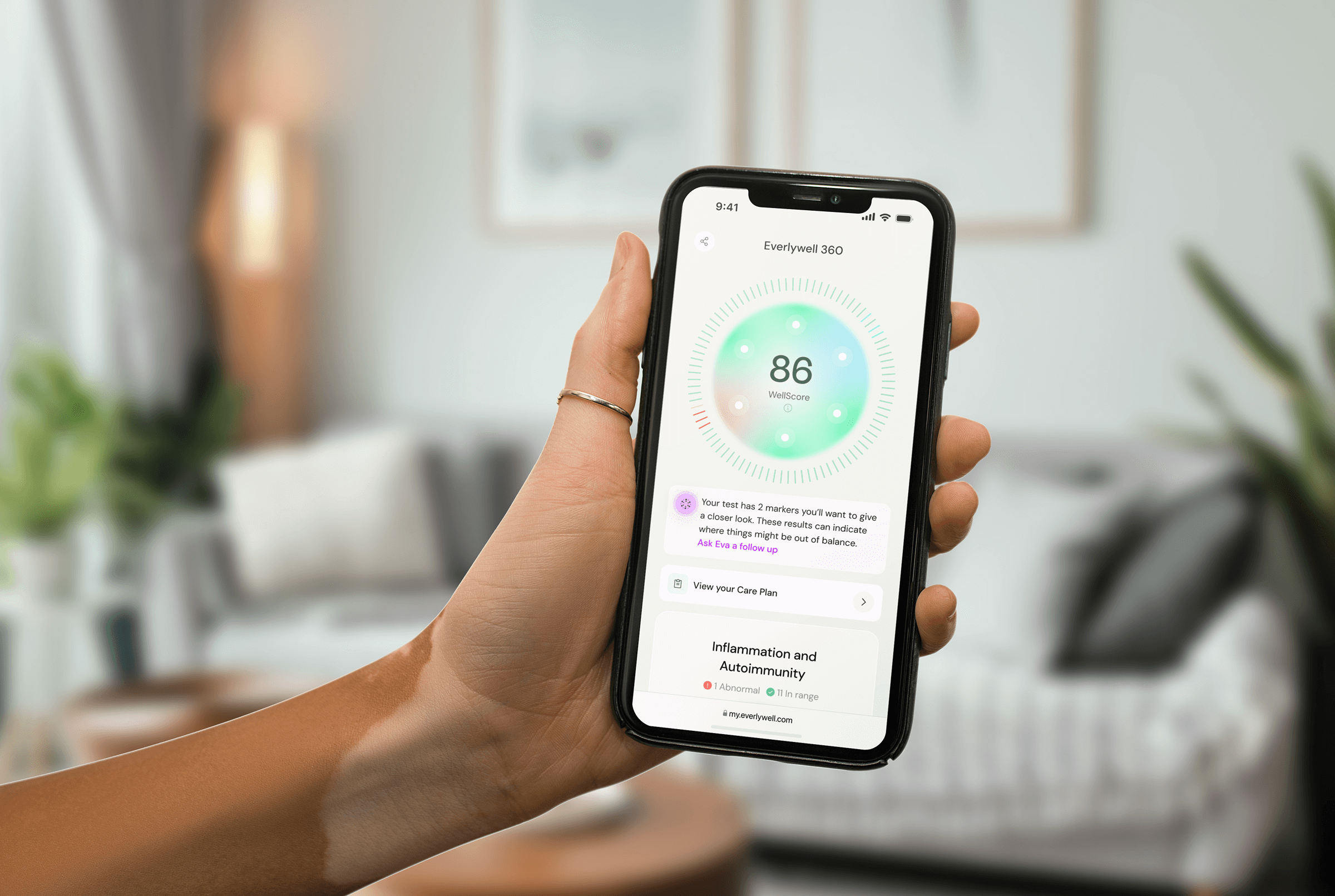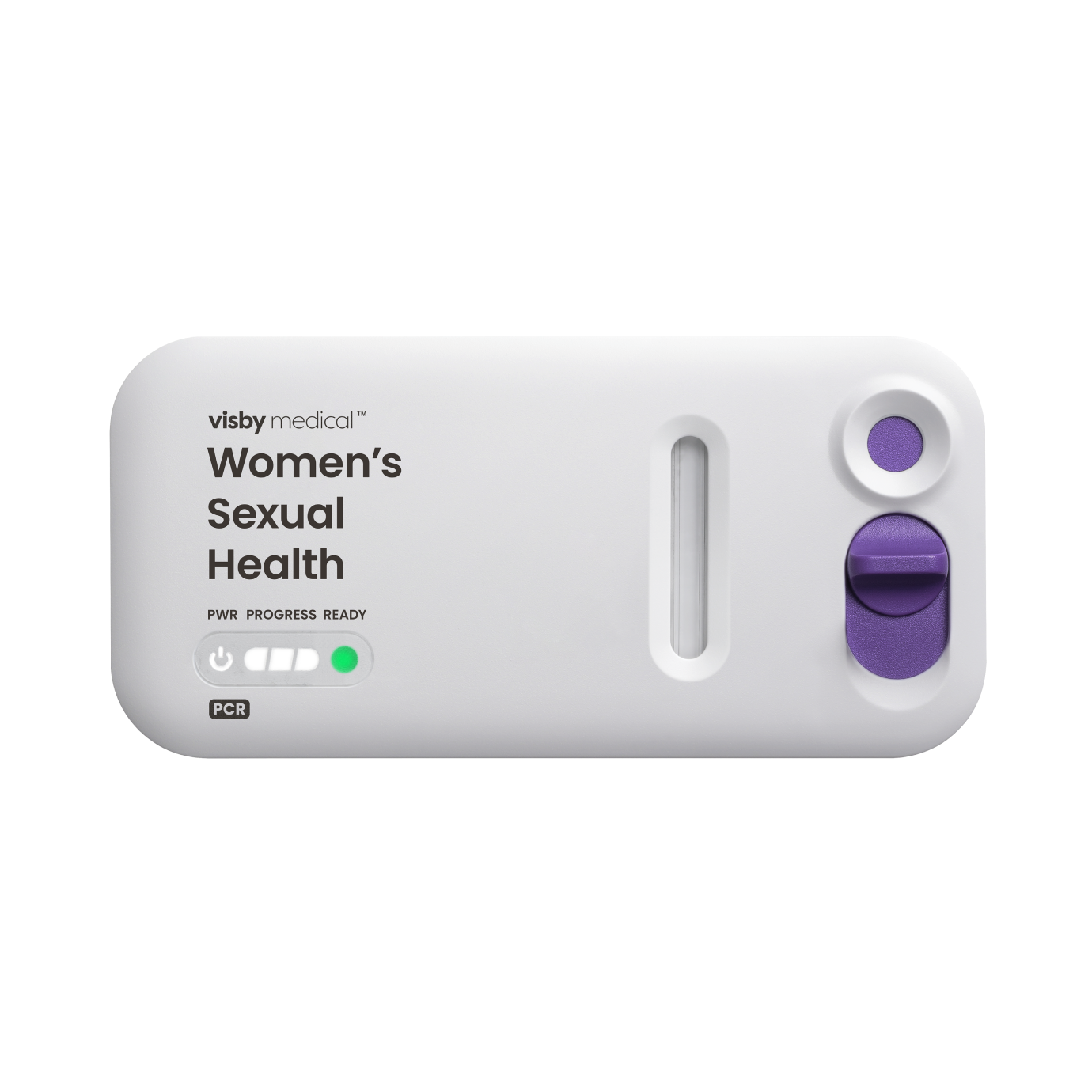
Medically reviewed on February 15, 2022 by Jordan Stachel, M.S., RDN, CPT. Last updated January 9, 2023. To give you technically accurate, evidence-based information, content published on the Everlywell blog is reviewed by credentialed professionals with expertise in medical and bioscience fields.
Table of contents
- What Is Ashwagandha?
- What Can Ashwagandha Do?
- Ashwagandha and Testosterone
- How Ashwagandha Boosts Testosterone
- How to Use Ashwagandha
- Related Content
Testosterone is the main androgen hormone in the human body [1]. Androgens are male sex hormones, though everyone synthesizes and needs some level of testosterone for their everyday health. Low testosterone can contribute to a variety of issues. Common low testosterone symptoms include reduced bone mass, a loss of muscle mass, general fatigue, and a low sex drive.
As you get older, testosterone levels naturally go down. Type 2 diabetes, metabolic disorders, and other health conditions can further reduce testosterone levels. To counter this, many people try to raise testosterone back up with supplements, foods, and/or lifestyle changes. One supplement that is growing in popularity is ashwagandha. Learn more about ashwagandha, its potential effects on testosterone levels, and whether you should consider a testosterone level test below.
What Is Ashwagandha?
Scientifically known as Withania somnifera, ashwagandha is an evergreen shrub that grows in parts of the Middle East, Africa, and India [2]. Ashwagandha, which also goes by the names "Indian ginseng" and "Indian winter cherry," is one of the cornerstone ingredients that has been used in Ayurvedic medicine for centuries. These traditions use a combination of herbs, nutrition, and mindfulness to promote good health and balance the mind, body, and spirit.
Ashwagandha is something of a cure-all in traditional medicine. Modern medicine and supplement manufacturers have since jumped on the humble root to take advantage of its potential health benefits.
What Can Ashwagandha Do?
As mentioned, ashwagandha is used as a cure-all or Swiss Army knife in traditional medicine. Its purported uses include everything from improving digestion to reduced body fat to increased muscle mass. Some reports even suggest that the herb and its extracts may have anti-cancer properties [3].
Much of the reported benefits of ashwagandha come from its rich concentration of withanolides. Withanolides are a type of compound (specifically steroidal lactones) that can perform a wide range of potential physiological effects. Studies have particularly looked at the potential for withanolides in ashwagandha to reduce inflammation and inhibit tumor growth [4].
What ashwagandha is really known for is reducing stress. Ashwagandha is often classified as an adaptogen, which basically refers to herbal pharmaceuticals that help to reduce stress and stress’ potential effects on the body. Chronic stress is quickly becoming a modern epidemic. Stress can have a massive negative effect on physical and mental health.
Stress results in the release of the hormone cortisol, which triggers the fight-or-flight response [5]. While this is essential for survival, chronic stress leads to a constant flood of cortisol and a constant state of fight-or-flight, which is understandably bad for the brain and body. Chronically elevated cortisol can contribute to persistent inflammation, a weakened immune system, and a variety of potential issues [5].
While you can do a variety of different things to manage stress in a healthy, constructive way like exercising or meditating, if you need extra help, ashwagandha may help. Studies show that ashwagandha root extract may significantly reduce cortisol levels, thereby reducing the stress response [6]. Along with reducing stress, ashwagandha may reduce symptoms associated with anxiety.
Ashwagandha and Testosterone
In terms of testosterone and hormonal balance, ashwagandha has shown promise in supporting testosterone levels. In a study involving men aged 40 to 70, subjects given a supplement of ashwagandha extract showed an increase in testosterone by about 15 percent on average and an 18 percent increase in DHEA (a hormone that helps produce other hormones, including testosterone) [7]. The results were greater among the men who completed the full 16-week study.
Additionally, in a double-blind study, subjects given a supplement of ashwagandha root extract twice per day had significant improvements in muscle strength, size, and recovery [8]. The supplement also seemed to boost testosterone levels, which were about five times higher than those in the placebo group. Both groups also underwent resistance training programs.
Some studies also suggest that ashwagandha root may help with forms of infertility in men. For example, one study found that ashwagandha improved the count, motility, and quality of semen [9]. A similar study found that ashwagandha root powder supplementation improved the semen quality of men with stress-related infertility issues [10]. However, it’s important to note that improving fertility is not necessarily the same as boosting testosterone.
How Ashwagandha Boosts Testosterone
The exact mechanisms of action involved with increased testosterone still require further study, and the existing research and clinical trials are limited. However, ashwagandha may work in a few ways to increase your testosterone levels.
Ashwagandha is known to have robust antioxidant properties. Taking ashwagandha may protect cells in the testes from oxidative damage. The testes are where most of the testosterone is produced, so less damage to the testes may support testosterone levels.
Ashwagandha has also been found to increase the production of luteinizing hormone. Luteinizing hormone is made in the pituitary gland, and it supports the reproductive system. In men, luteinizing hormone is essentially what triggers the production of testosterone. Higher luteinizing hormone levels may contribute to more testosterone. It is important to note that use of this supplement in women may lead to negative effects on fertility because of the herb’s effects on testosterone levels. Women, particularly those with disorders such as polycystic ovarian syndrome, should consult with their healthcare providers prior to adding ashwagandha to their routines.
Most importantly, ashwagandha’s anti-stress properties may be an important factor in increasing testosterone levels. Remember that chronic stress and a constant flood of cortisol can have a wide range of physiological effects. High stress, particularly oxidative stress, can affect libido and sperm quality, and cortisol may potentially interfere with testosterone levels and functions. As a natural testosterone booster, an ashwagandha supplement could help to reduce oxidative stress in the body while also reducing some of the symptoms of low testosterone.
How to Use Ashwagandha
Ashwagandha is readily found in a variety of supplements in varying forms. Capsules and powders are the most common, though it’s also available in extract and liquid form. You can purchase ashwagandha supplements in just about any health store, pharmacy, or natural supplement vendor.
There are no set guidelines for dosage, though clinical trials have used dosages up to 5 grams per day. Thankfully, ashwagandha is relatively well-tolerated by everyone and is considered safe for everyone. Side effects are rare, and any side effects that show up are typically minor, though it is important to note that there have been cases of liver toxicity that occurred from overuse of this herb. It’s important to talk to your healthcare provider before you begin using ashwagandha or any dietary supplement. Ashwagandha can potentially interact with some existing medication. Furthermore, the long-term effects of ashwagandha are not known.
More on Testosterone: The Role of Testosterone in Hair Loss
It is also worth noting that ashwagandha supplements are not regulated by the FDA. It’s important to buy from a company that you trust to avoid products that may be harmful.
While studies suggest a link between ashwagandha and testosterone, keep in mind that everyone’s health is different, meaning that how you react to any supplement may not be the same as how others react to that same supplement. Other known ways to improve testosterone levels include performing more strength training exercises, getting better sleep, and reducing overall stress.
Furthermore, as much as you change your lifestyle or incorporate supplements into your diet, you may have an underlying health condition contributing to low testosterone levels. Consider consulting your healthcare provider to determine the true cause of fluctuating hormones.
Ashwagandha may be a helpful supplement for increasing testosterone levels. If you believe you have low testosterone levels, consider consulting your healthcare provider first or taking the Everlywell at-home Testosterone Test.
Related Content
Can Foods Affect Testosterone Levels?
Ways to Increase Testosterone Naturally
6 Supplements That May Increase Testosterone
References
1. Testosterone — What It Does And Doesn’t Do. Harvard Health. URL. Accessed February 15, 2022.
2. What Is Ashwagandha? Cleveland Clinic. URL. Accessed February 15, 2022.
3. Ashwagandha. Memorial Sloan Kettering Cancer Center. URL. Accessed February 15, 2022.
4. Mirjalili M, Moyano E, Bonfill M, Cusido R, Palazón J. Steroidal Lactones from Withania somnifera, an Ancient Plant for Novel Medicine. Molecules. 2009;14(7):2373-2393.
5. Cortisol. Cleveland Clinic. URL. Accessed January 9, 2023.
6. Chandrasekhar K, Kapoor J, Anishetty S. A prospective, randomized double-blind, placebo-controlled study of safety and efficacy of a high-concentration full-spectrum extract of ashwagandha root in reducing stress and anxiety in adults. Indian J Psychol Med. 2012 Jul;34(3):255-62.
7. Lopresti AL, Drummond PD, Smith SJ. A Randomized, Double-Blind, Placebo-Controlled, Crossover Study Examining the Hormonal and Vitality Effects of Ashwagandha (Withania somnifera) in Aging, Overweight Males. American Journal of Men’s Health. 2019;13(2):155798831983598.
8. Wankhede S, Langade D, Joshi K, Sinha SR, Bhattacharyya S. Examining the effect of Withania somnifera supplementation on muscle strength and recovery: a randomized controlled trial. Journal of the International Society of Sports Nutrition. 2015;12:43.
9. Ahmad MK, Mahdi AA, Shukla KK, et al. Withania somnifera improves semen quality by regulating reproductive hormone levels and oxidative stress in seminal plasma of infertile males. Fertility and sterility. 2010;94(3):989-996.
10. Mahdi AA, Shukla KK, Ahmad MK, et al. Withania somnifera Improves Semen Quality in Stress-Related Male Fertility. Evidence-Based Complementary and Alternative Medicine. 2011;2011:1-9.
Get started
Latest offers

Getting answers is in your blood. Know with Galleri multi-cancer early detection test
Learn more
Explore Everlywell









